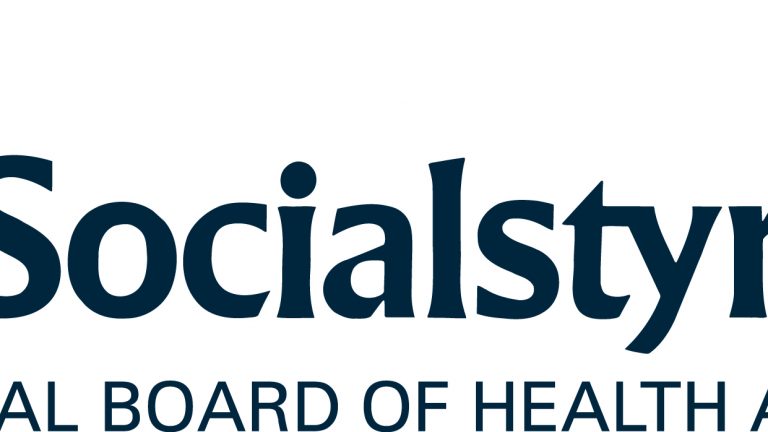Sweden prioritizes psychological support for gender diverse youth
The long anticipated new guidance from the Swedish National Board of Health and Welfare (NBHW) was released last week. In it, the NBHW concluded that the evidence base for medical interventions for gender diverse youth is of low quality, and that hormonal interventions carry significant risks. Further, there was recognition of the growing trend of detransition and that transition regret may be poorly understood and under-reported. The NBHW guidance also contains a very strong message about identity formation in young people as an evolving process, and that puberty itself is an important development process that influences a young person’s identity with respect to their gender.

As a result, Sweden will be restricting access to puberty blockers, cross-sex hormones and other medical interventions for youth under age 18 in all but the most exceptional cases. These exceptions will be based on the traditional “early onset” childhood gender dysphoria where a child presents with a persistent, insistent, and consistent incongruence with their biological sex from a very early age.
Further, psychological assessments and support in the form of gender exploratory therapy will be the primary and first line of treatment. SEGM has done a comprehensive review of the new guidelines. Their review can be found at: https://segm.org/segm-summary-sweden-prioritizes-therapy-curbs-hormones-for-gender-dysphoric-youth
Marked Difference In Canadian Approach
Treatment eligibility in Sweden has been defined based on “distress” and not “identity”. This is perhaps the most significant difference between the approach being taken in most European and other western countries, compared to Canada and the US. In Canada, access to medical gender transition services for individuals who declare a transgender identity is being positioned as an identity rights issue. Psychological assessments are considered “stigmatizing” and are positioned as unnecessary “barriers to care”. See: https://www.ourcommons.ca/Content/Committee/421/HESA/Brief/BR10482210/br-external/CanadianProfessionalAssociationForTransgenderHealth-1-e.pdf
The so-called professional associations that are lobbying various levels of government in Canada to secure broader access to transgender healthcare services do not make any distinction between adults and children. In fact, Florence Ashley, one of the influencers of medical ethics for transgender healthcare in Canada, recently stated that the current legislative barriers to ensure youth have the “capacity to consent” to medical treatments, are also unnecessary barriers to care.
Psychological assessments are being phased out in Canada for gender diverse youth, so “capacity to consent” is the only remaining gatekeeping hurdle that prevents puberty blockers and cross-sex hormones from being offered as an over-the-counter kind of treatment model in the Canadian context.

France Adopts Sweden’s Cautious Stance
This week, the National Academy of Medicine in France issued a press release in which it declared that “great medical caution must be taken in children and adolescents, given the vulnerability, particularly psychological, of this population and the many undesirable effects and even serious complications that can be caused by some of the therapies available. “
Further, the French Academy had this to say about the growing and unexplained phenomenon of transgender identification among adolescents:
“Whatever the mechanisms involved in adolescents – excessive engagement with social media, greater social acceptability, or influence by those in one’s social circle – this epidemic-like phenomenon manifests itself in the emergence of cases or even clusters of cases in the adolescents’ immediate surroundings (4). This primarily social problem is due, in part, to the questioning of an overly dichotomous view of gender identity by some young people.”
National Academy of Medicine – France
France cautioned that the risk of “over-diagnosis is real” and “it is, therefore, appropriate to extend the phase of psychological care as much as possible”.
“When medical care is provided for this reason, it is essential to ensure medical and psychological support, first for the affected children and adolescents, but also for their parents, especially since there is no test to distinguish between persisting gender dysphoria and transient adolescent dysphoria.”
National Academy of Medicine – France
A translation of the French press release can be found here: https://segm.org/France-cautions-regarding-puberty-blockers-and-cross-sex-hormones-for-youth
Canada Failing to Protect Gender Diverse Youth
These recent developments in Sweden and France highlight that there is a growing medical consensus that social and medical gender transition for young people must be approached with an abundance of caution. In Canada, the public institutions that are supposed to be protecting patients from medical harm have been captured by a political ideology that gender identity rights trump everything else. This philosophy that “kids know who they are” when they declare a gender identity that is different from their birth sex is being promoted in our schools and our healthcare system. Further, the environment of cancel culture has become so severe on this issue that even physicians who treat gender diverse youth feel unable to speak out. One such physician recently told us that “there is not a lot of thoughtful care going on” in Canada and that the numbers of gender diverse youth being referred for hormones and surgeries here simply don’t make sense.




